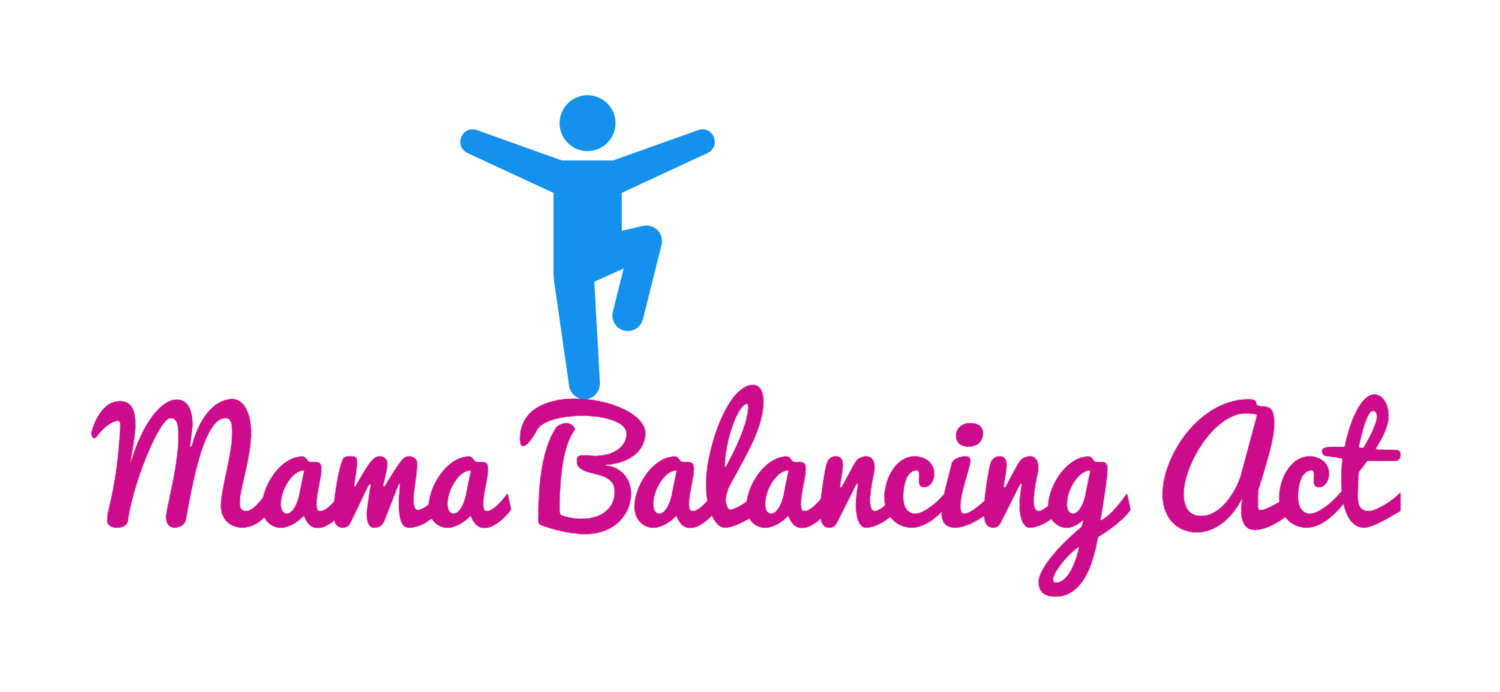On Monday night we sat around the dinner table and talked about the upcoming holidays. We had gotten a present in the mail that Matt picked out for the Cousin gift swap my family does. We were orienting Ava to the Cousin and she asked who his Mama is.
"Mimi's Sister, Aunt Chris," we answered. Ava looked at us. She couldn't place the name. "Aunt Chris died." We told her.
She looked at me, the way only a young child can and said, "Oh, she died." She paused and then said, "I'm sorry," with the compassion and thoughtfulness of a grown person. And then she added with complete sincerity. "That's really sad."
"Yes," we agreed, "It is sad."
And then we talked about Aunt Chris. Ava asked why she died and we told her. Cancer. She processed it, asking a few more questions and connecting her in to the family picture.
We talk about death in our family.
Death is a part of life.
I don't know why, I mean I do know why, but sometimes I can't appreciate why we are so scared of death in this world. As if not talking about it will enable us to prevent it.
Matt and I don't believe in heaven, so when we talk about death with our children we tell them the science of it.
When someone dies, their body stops. Their heart stops beating and they stop breathing.
We tell them the special part of it too.
We can always remember that person. We can talk about them. We can look at pictures.
When Emilio was not even 3 my Grandmother died. My Dad's mom. Emilio knew her. He visited her often as she got closer to death. When he asked where she would be now I told him, "In our hearts and in our minds."
Matt has always been very adamant about ensuring truthfulness with our children. And that can be a challenge to keep age appropriate. So we work at it.
Children are more capable of processing the truth about death than we give them credit for.
And when we introduce it to them in all its rawness as a normal part of life, they fit it in.
Growing up death was a part of my life. I had numerous elderly relatives who I knew and loved and they died when I was young.
We went to their funerals.
We helped shovel dirt on their graves.
And then we kept talking about them.
We visited their graves.
They were still a part of the conversation, even not in the room.
For Emilio and Ava death is a part of their lives. Because in truth, it is a part of all of our lives.
My father died before he could know them, we talk about him all the time. Their Great Grandfather, Matt's Grandfather, died before he could know them, we talk about him all the time. Aunt Chris died right as she was getting to know them, and we talk about her all the time.
We don't run away from death. Here's a secret, doing that won't get you very far.
We teach them the truth about the beauty of life. That it is a cycle. A lifecycle.
(on that note the book Lifecycles is a beautiful depiction of just that and helps with talking to and preparing children for understanding death)
As you spend time together over the next week, as you reminisce and talk about the family and friends who are no longer physically present to spend the holidays with you, be open, be honest, with yourself and your children.
Grief is hard. Loss is hard. I work everyday to integrate it into my daily life. And I know, I'm modeling something very important for my children in doing this.
Talk with your children about loss. Share in their joy, and teach them about the cyclical beauty of life.
And when they tell you they have a booboo on their forehead, help them put a bandaid on it. Regardless of realness of the booboo. Give them space to grieve and figure out that balance of loss and life.







